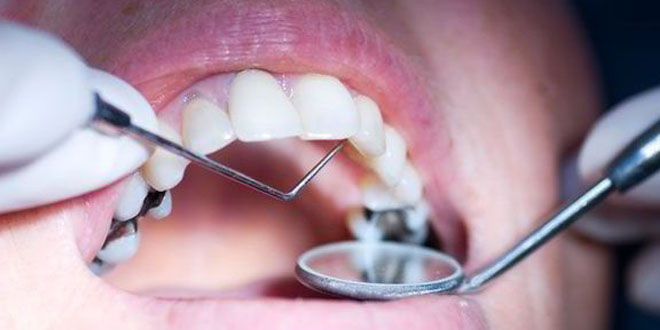
What You Need to Know About Dental Cavities
Dental Caries, often known as a cavity, is something almost all of us have experienced once in our life time. Caries is a word taken from Latin, which means “rottenness”. Also known as tooth decay, cavities, or caries, it is the breakdown of the enamel from the tooth surface due to the activities of certain bacteria. Enamel is the hardest part of the human body, and if it decays, it should alarm you immensely as it says a lot about your general well being.
Dental caries (tooth decay) is a major oral health problem in most industrialized countries, affecting 60–90% of schoolchildren and the vast majority of adults. Carries can come in different colors, yellow, black or dark brown.
How Do Dental Caries Occur?
When we eat food and don’t brush our teeth, the bits and pieces from it remain in our mouth. Foods with sugar tend to make their home in the pits and fissures of our tooth surfaces. Besides that it can set in the spaces between your teeth.
The human oral cavity contains certain bacteria at all times, no matter how much we brush or clean. These bacteria start breaking down the sugars left un-brushed. If most of you don’t know, breaking down the sugars produces acid as a byproduct, and acid is corrosive. This constant acid attack strips the teeth of important minerals and breaks the teeth down. It starts with the enamel surface and further proceeds to the soft tissues and eventually to the pulp.
You Should Visit a Dentist As Soon As Possible
Stage 1 of a caries is described as a dark spot on your tooth. You might ignore it if it doesn’t hurt you much. But here’s why you should NEVER ignore it.
As the dark spot is left untreated, it grabs the opportunity to make more bacteria on your tooth. To stop it at the dark spot, all you need is a sealant application from your dentist (which seals the lesion), and you are good to go.
However if you don’t, it reaches your dentine, the layer below the enamel, where it starts to cause sensitivity near the nerves of your tooth. As dentine is softer than enamel, you should assume minerals are lost quicker. Here is where an amalgam or composite filling is done, and the lesion is gone.
If you ignore the sensitivity, your dentine will start to rot. Once that is done, the colony conveniently reaches your pulp. Pulp is what makes the tooth alive. It contains your blood vessels and nerves. Infected pulp causes unbearable pain, and that is when you have to get a root canal.
Root canal is a long and painful procedure. It requires constant visits to a dentist and at times the treatment fails which makes matters worse. In-case your treatment fails or you don’t get a root canal on time, the last step will always be extraction, and extraction is one of the worst things you can do to your mouth, teeth and facial bones.
Why Should You Avoid Extraction?
Pain and swelling are some of the shallowest and temporary reasons to avoid tooth extraction. The problems that occur much later are fearful and dangerous.
Believe it or not, in the beginning and at the end — it’s not so much about teeth as it is about bone, which needs stimulation to maintain its form and density. When a tooth is lost, the lack of stimulation causes loss of alveolar bone (bone that surrounds the tooth).
It doesn’t end at the alveolar bone. The lower jaw bone that lies beneath the alveolar bone also begins to melt away. This causes a decrease in the distance between nose and chin and gives your face a compressed look. ‘Looks’ are the least important worry here. The thinner the bone gets, the more prone it is to fractures.
The teeth that face the lost tooth also change their position. As the lost tooth leaves an open area, the teeth facing the open area find empty spaces opposite to themselves. This causes them to grow outward and changes the overall alignment.
These factors are often ignored by people and they end up in a big physical and psychological hassle. It is not only painful, but also expensive and effects the confidence. So take care of your teeth and visit the dentist regularly!

